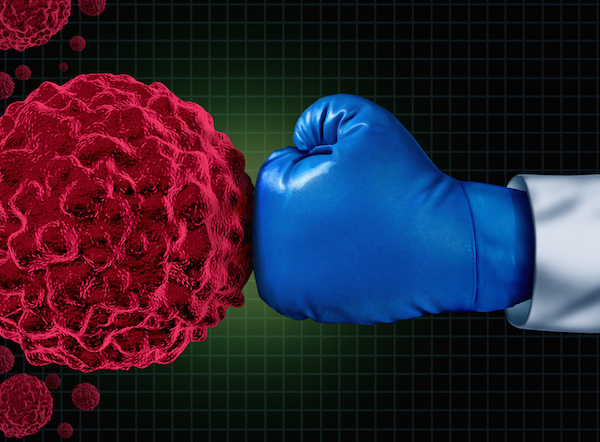
THURSDAY, May 5 (HealthDay News) — In people with advanced kidney cancer, blood pressure appears to indicate how well their medication is working, with high blood pressure linked to longer survival, new research shows.
The finding comes from a study of 544 people being treated with the drug sunitinib (Sutent) for advanced kidney cancer. The researchers found that those whose maximum systolic blood pressure reached 140 mmHg or higher survived nearly four times longer than those who had a lower maximum systolic blood pressure — 30.5 months vs. 7.8 months.
Systolic is the top number and diastolic the lower number in a blood pressure reading.
People who had a maximum diastolic blood pressure of 90 mmHg or greater survived twice as long as those with a lower maximum diastolic blood pressure — 32.2 months vs. 14.9 months.
The researchers also found that progression-free survival, which refers to the amount of time when a tumor either shrinks or does not grow, was 2.5 to 5 times longer in people with high blood pressure — 12.5 months for those with systolic hypertension vs. 2.5 months for those without, and 13.4 months for those with diastolic hypertension vs. 5.3 months for those without.
“These findings support the hypothesis that high blood pressure may act as a biomarker of a medication’s anti-tumor effectiveness,” study leader Dr. Brian Rini, a staff physician at the Cleveland Clinic’s Taussig Cancer Institute, said in a clinic news release. “What that means is that physicians may be able to monitor a patient’s blood pressure to gauge how effectively sunitinib is treating their advanced kidney cancer.”
The study was published online April 28 in the Journal of the National Cancer Institute.
More information
The American Cancer Society has more about kidney cancer.

